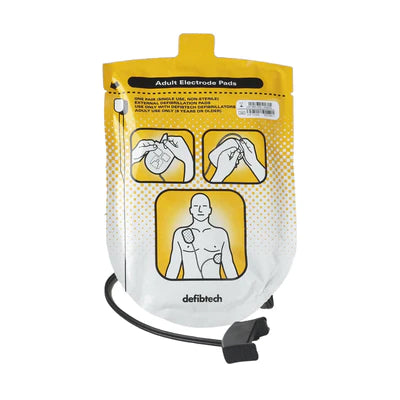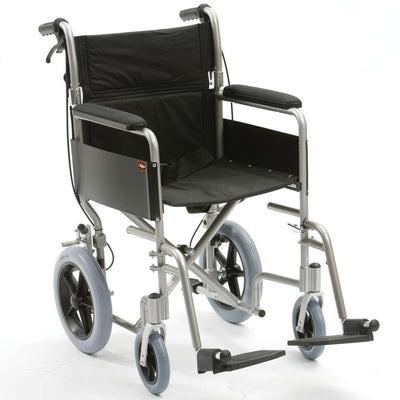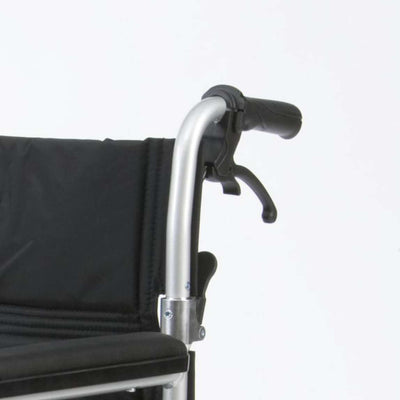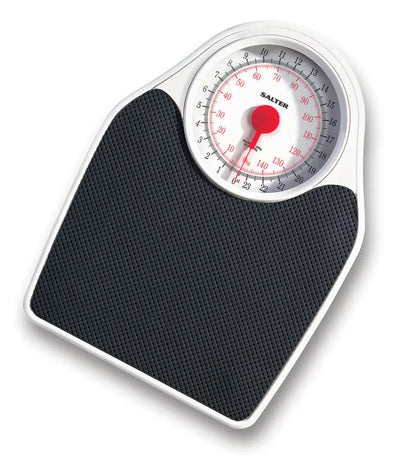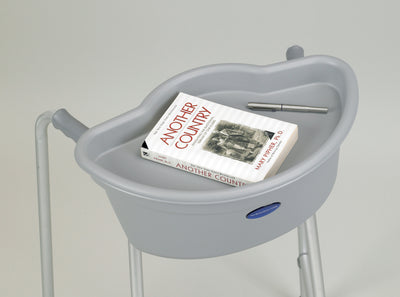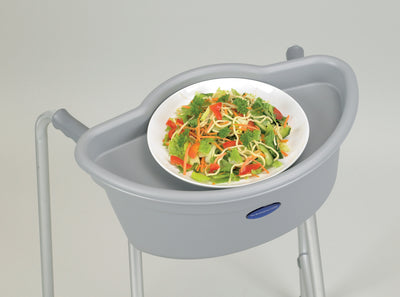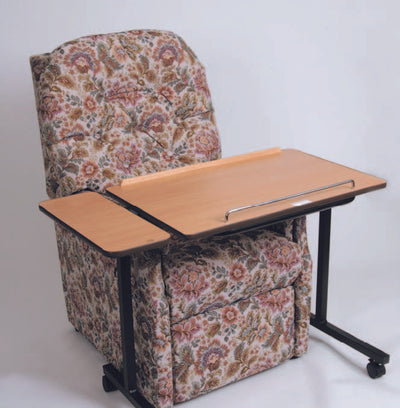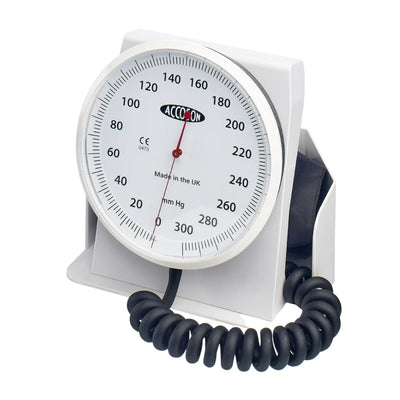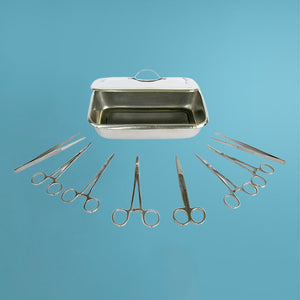It’s incredible to learn that, according to NHS figures, there are currently around six million people suffering from incontinence in the UK. While many of them will be elderly, urinary incontinence can and does affect men and women at all ages and stages of life.
And, as we discussed in a previous article on incontinence, living with or caring for someone with incontinence can be stressful and often embarrassing.
Seek advice from your GP so they can diagnose & begin treatment for your type of incontinence.
And follow our top tips for reducing those embarrassing leaks in everyday life:
Drink plenty of water
This might seem counterintuitive and we know that many people with urinary incontinence avoid drinking fluids, as they feel it causes more problems. However, limiting your fluid intake actually makes incontinence worse. This is because it trains your bladder to only cope with small amounts of liquid and reduces your bladder's capacity.
So, while it might seem like the ‘wrong’ thing to do you should try to drink 6 - 8 glasses of fluid a day (but no more) unless your doctor advises you otherwise. Avoid caffeine and alcohol as both of these can cause diuretic effects, increasing the need for frequent toilet trips.
Do pelvic floor exercises everyday
Pelvic floor exercises are very effective at reducing leaks - but only if you do them correctly. While pelvic floor exercises are mostly associated with women’s incontinence issues, it’s essential for men to keep toning these muscles as well. The NHS has some great resources and online exercises for men’s pelvic floor muscles.
Lose Excess Weight
Incredibly, losing weight, for some people, can hugely improve or even completely remove issues of urinary incontinence. Why? Because, when you’re carrying excess weight the pressure of fatty tissue that is bearing down on your bladder can weaken your pelvic floor muscles and cause incontinence.
So, losing that extra weight might be the miracle solution to your occasional embarrassing leaks. You might also find that your overall health and wellbeing start to look a lot better into the bargain.
Avoid Lifting
Lifting heavy objects (or even, in some cases, something as small as a kettle or light shopping bag) puts a significant strain on your pelvic floor muscles and if they’re weak they’ll struggle to do their job correctly. Weak pelvic floor muscles will result in unwanted leaks and lifting-induced incontinence.
Maintaining your pelvic floor exercises is crucial for keeping your bladder in good condition to allow you to do everyday tasks like these without anxiety.
As well as doing your daily exercises, when you do need to lift something you should consciously tighten your pelvic floor muscles beforehand and keep them tightened during the lift if you can. The more you practice this the better you will become at it.
Stop Smoking
The long-lasting effects of smoking can have a detrimental impact on so many areas of your health and wellbeing, including your chances of developing bladder incontinence.
Smokers are significantly more prone to regular coughing or bouts of unexpected coughing fits which put a huge strain on your pelvic floor muscles. The older we get, and the more pressure we put on those muscles, the more likely we are to experience bladder leaks when the coughing starts. So, that’s just another sensible reason to quit smoking today.
If you need more support with your urinary incontinence and would like support in finding the right incontinence pants or incontinence pads for extra peace of mind, we can help.
We're always here to help so get in touch today.
For all your Medical and Homecare supplies give us a call at Mediworld.
We have over 40 years experience in medical, surgical, mobility and home health supplies and we're always on hand to chat if you need support or advice and don't forget to read our other great health blogs!
April 2022


